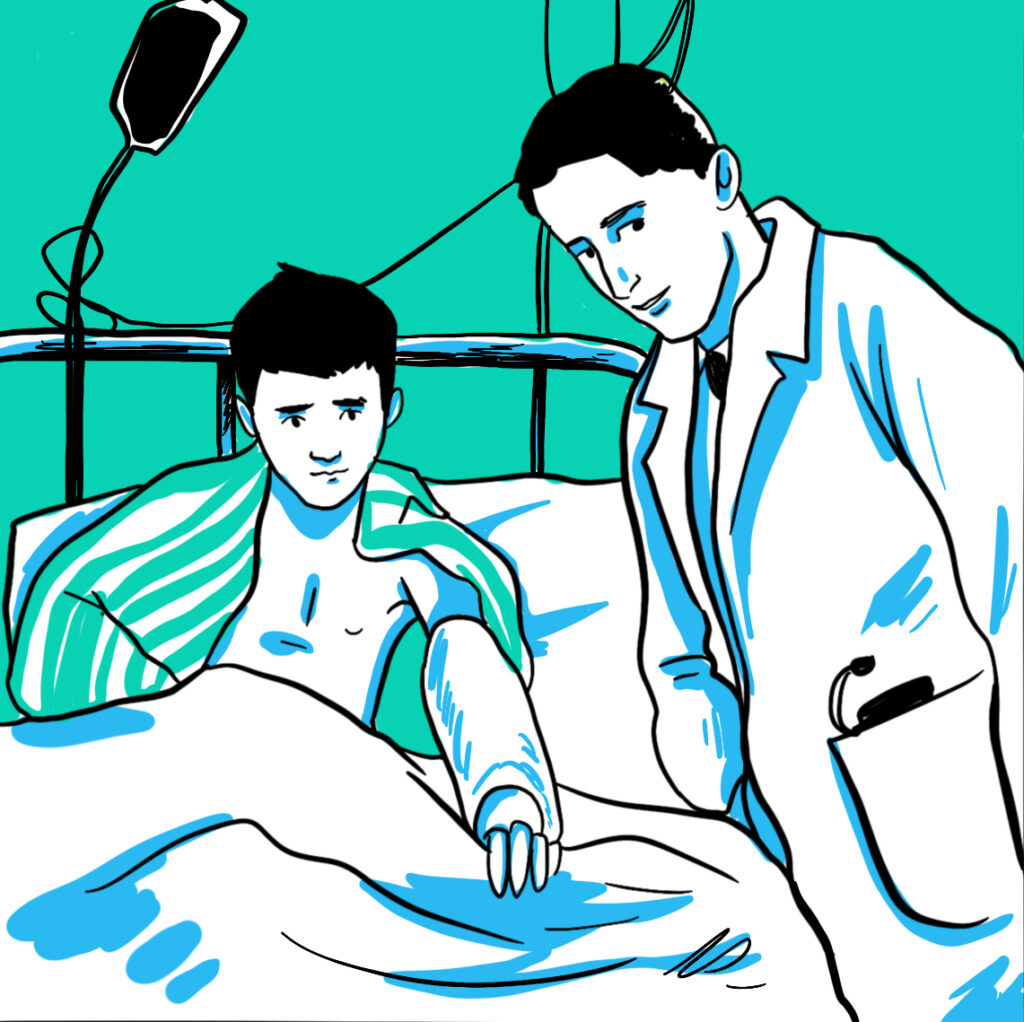We all need suspicious minds
Most people do not seek medical advice soon enough when they see blood in their urine, even though almost 1 in 5 will have a urinary tract malignancy, according to the UK charity Action on Bladder Cancer (ABC).
Apparently, over 10,000 people are diagnosed with bladder cancer every year in the UK. It is three times more common in men than women. Although it is highly treatable and curable if diagnosed at an early stage, the lack of public awareness about symptoms – and that good old “stiff upper lip” – can lead to people being misdiagnosed and/or diagnosed at a later stage in the disease, which can reduce the best treatment choices.
ABC is calling for raised awareness and says that even one episode of visible blood in the urine is a warning sign that should not be ignored. That is also true for people with bleeding disorders.
Haematuria is a common symptom in people with bleeding disorders, in whom it has traditionally been considered benign unless accompanied by intraureteral clots.
Bleeding into the urine can arise from any site along the urinary tract, and may be caused by events as innocuous as vigorous exercise or sexual activity or as potentially life-threatening as bladder, renal or prostate cancer. Around 10 years ago retrospective data analyses began to suggest that kidney bleeds were associated with renal disease in men with haemophilia, who had a 50-fold increased risk of death from renal disease compared with the general population. As a result, haematuria should prompt renal function testing.
WFH guidelines suggest that when the cause of haematuria in a patient with haemophilia is unclear should it be attributed to the underlying bleeding and treated as a bleeding event. But that means ruling out the possible nasties first.
Clearly, as life expectancy rises in people with bleeding disorders, it will be necessary to think about a wider range of comorbidities and their presenting signs and symptoms.
Mike Holland founded Haemnet and SixVibe. He is a medical writer, editor and event organiser – find him at Google+ or Driftwood.
Reference
Griffiths TRL on behalf of Action on Bladder Cancer. Current perspectives in bladder cancer management. Int J Clin Pract doi:10.1111/ijcp/12075. Available at: http://onlinelibrary.wiley.com/doi/10.1111/ijcp.12075/abstract


